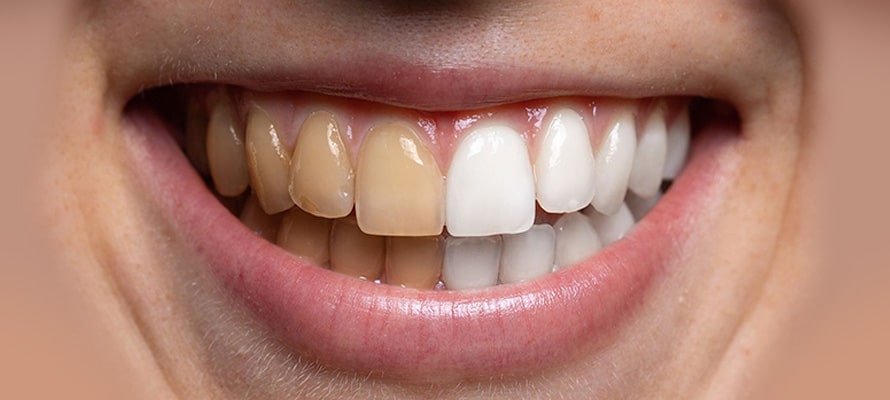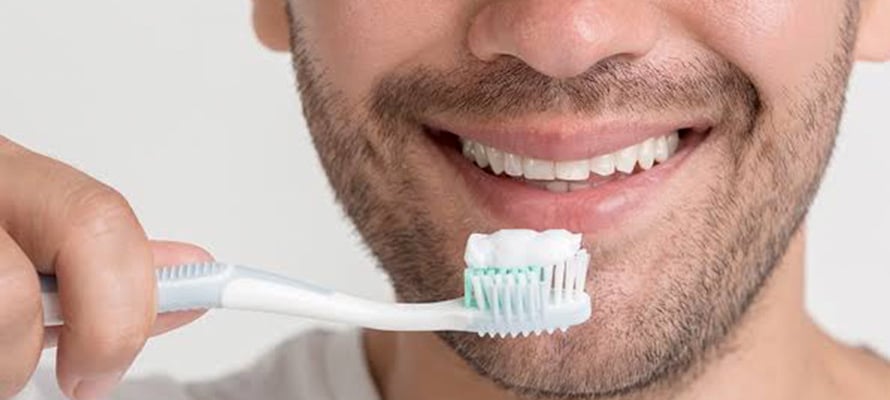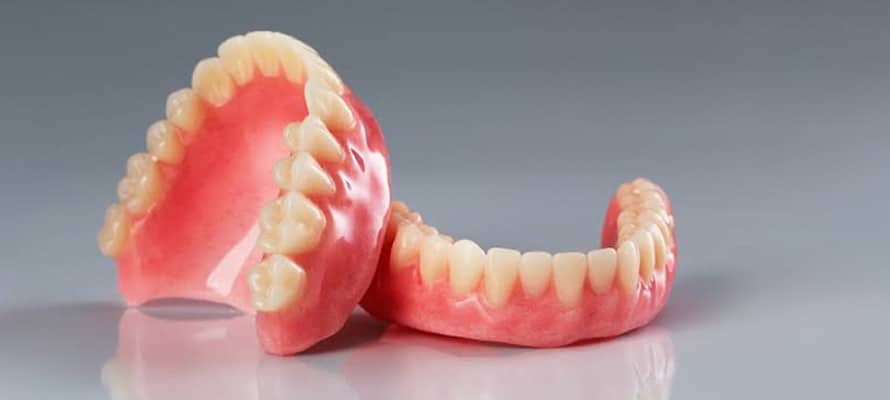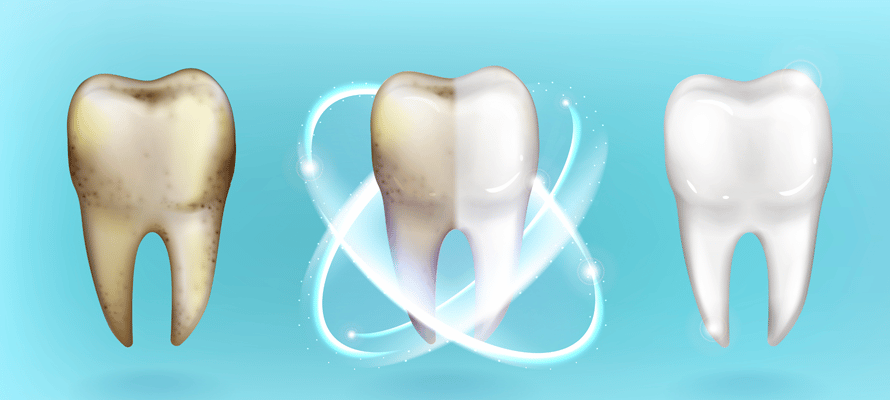Which foods stain teeth and how do we prevent that?
There are many other foods and drinks that can cause staining or discoloration of your teeth.
Teeth were never meant to be totally white. The natural colour is light yellow. However, with age, the teeth tend to get darker in colour. This is because, with constant wear and tear, your teeth’s enamel tends to erode and develop cracks. In addition to this, the enamel is extremely porous and tends to absorb the food colour even when there are no cracks.
Food contains components called ‘tannins’ that make the colour stick to your enamel. Stains also tend to attach to the plaque and tartar build-up on and between the teeth.
Let’s look at what food types cause stains on teeth.
Morning beverages – Ever thought something you loved so much could betray you? Well, you’re in for a shock. Your morning beverage, coffee or tea, could be one of the causes behind your teeth losing their colour. Coffee contains tannins, a chemical compound called polyphenol, that makes colours stick to the enamel.
Wine –Wine roughens the teeth’s enamel and opens the pores. The rough surface, with the now larger surface area, increases the risk of staining, especially if it is red wine.
Energy drinks and sports juices – These drinks are notorious for corroding the enamel and causing stains. This is more with energy drinks since they are more acidic than sports juices.
Food with tomatoes in them – Tomatoes are acidic in nature. So, they will make your enamel rougher and cause staining. Always rinse your mouth immediately after consuming anything with tomatoes in them.
Sweets and candy – Hard-boiled sweets with food colouring in them have dyes that can permanently leave stains on your teeth. However, other types of sweets and candies only cause mild stains.
Berries – Berries have dark pigments that leave a mark when consumed, either in fruit form or juice.
Balsamic Vinegar – Balsamic vinegar is acidic and darkly pigmented. Both of these are traits that cause staining.
Starchy foods – Bacteria love starchy foods. They will break down the food caught between or on the teeth into sugars that will cause the erosion of the enamel, thus paving way for staining.
Some other foods that can also cause staining are
- Soy sauce
- Fruits like Pomegranates, and purple grapes
- Beetroot
- Citric fruits
- Soda
Other reasons for staining are
- Tobacco
- Some medications
- Beetroot
- Infections
- Trauma to the tooth
Now that you know what causes stains, here’s how you can prevent them
- Use a straw as much as possible for your drinks
- Brush or at least rinse your mouth after consuming food that stains
- Stop using tobacco
- Floss regularly
- Ensure that there is no plaque build-up on or in between your teeth
- Use an electric toothbrush to remove plaque and ensure that there isn’t any at any given point
- Visit the dentist every six months for a routine check-up and make sure that there aren’t any problems
- Get a routine teeth cleaning and polishing service done by your dentist every 6 months
To book your appointment call +91 9144544454 or visit Risio.in.








